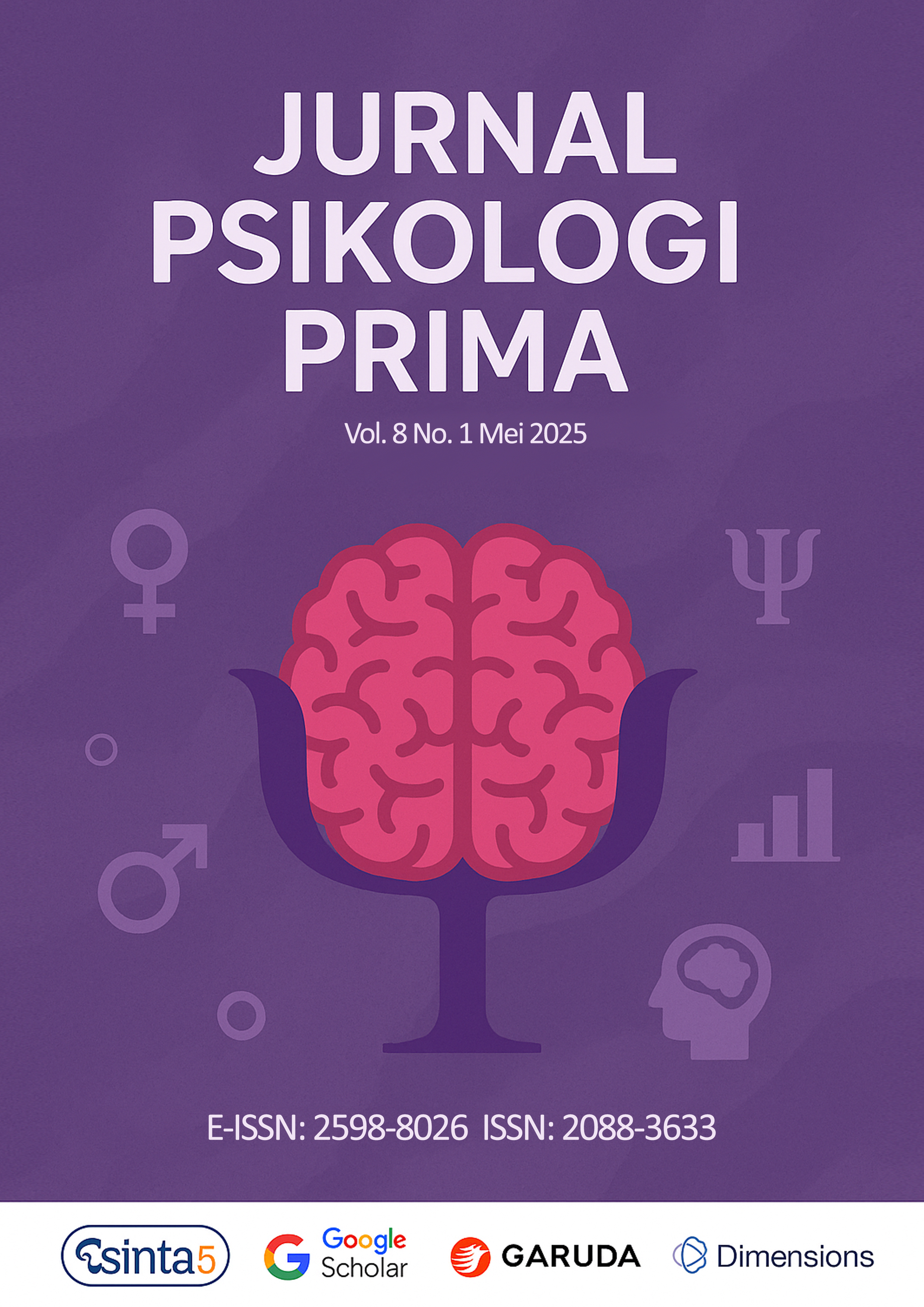The Influence of Job Satisfaction on Turnover Intention Among Employees in the Construction Sector
##plugins.themes.academic_pro.article.main##
Abstract
The construction industry is one of the important sectors in developing the country. The tight competition and the heavy construction work rhythm, compared to other sectors, require construction actors to manage company resources effectively. As a sector that contributes significantly to the Gross Domestic Product (GDP), construction companies employ a large number of human resources. They must minimize employee turnover to prevent fluctuations that can hinder ongoing projects. This can be achieved by paying attention to employee welfare, one aspect of which is employee satisfaction at work. This study aims to understand and analyze the influence between job satisfaction and turnover intention in employees in the construction sector. This research design employs a quantitative method and utilizes a purposive sampling technique with a sample size of 121 employees working in the construction field. The job satisfaction measuring instrument has a value (α) = 0.837 with 17 valid items, and the turnover intention measuring instrument has a value (α) = 0.816 with 5 valid items. This study employs a simple linear regression analysis technique, yielding a significant value of 0.000 and a regression equation of Y = 39.304 - 0.428. Based on these results, the hypothesis in this study is accepted, namely that job satisfaction has a negative impact on turnover intention among construction sector employees. Job satisfaction contributes 64% to turnover intention among construction sector employees, with the remaining 36% influenced by other factors not discussed in this study.

